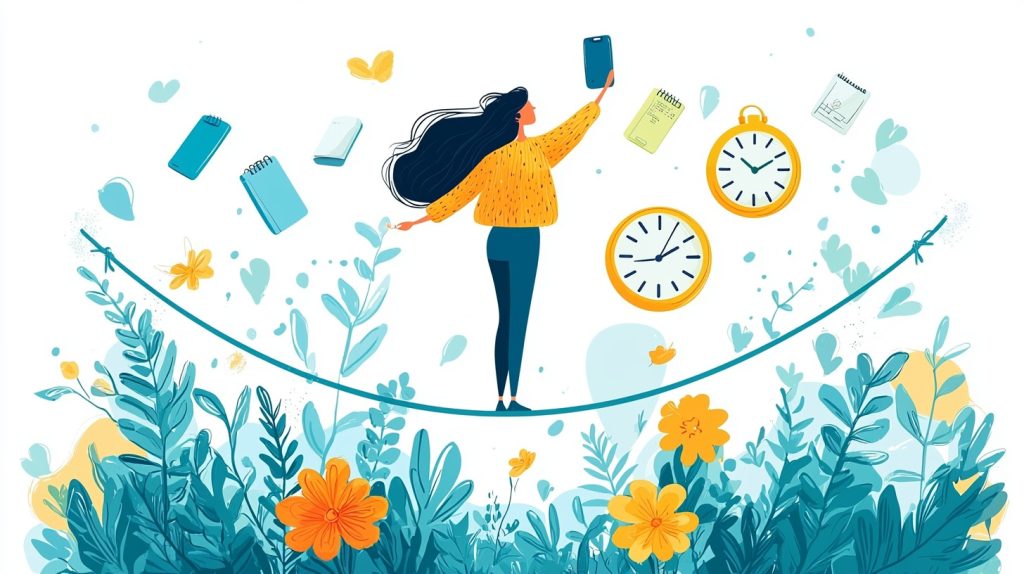With the rapid pace of modern urban life, people are finding it increasingly difficult to remain productive without stress. Today, it is becoming a true art of self-control. From day to day, we balance between work tasks, personal affairs, and the need for rest and relaxation.
To help citizens not lose productivity and control the work-rest ratio, software developers have created tools such as an AI Therapy chatbot and mobile applications. They have become a tool that can streamline the day, increase concentration, and free up time for something really important. In this article, you will learn how mobile applications help us manage time, overcome procrastination, and work more effectively without compromising mental health.
Mobile applications to protect your mental health
Modern applications offer a wide range of solutions for different tasks:
- Organization of time. Assistance helps to structure the day, set goals, and plan work and daily tasks according to priorities.
- Focus and concentration. Many developers have programmed their mobile assistants with the Pomodoro technique. Thanks to this, users can create an environment for themselves in which they will not be distracted by extraneous factors.
- Building healthy habits. Specialized mobile apps motivate users to daily perform useful actions like staying hydrated or regular morning exercises.
- Recording thoughts and ideas. Applications with personal diaries and notes help us not to lose inspiration and keep thoughts and ideas under control.
- Time management. This software helps users monitor the use of time for work and rest and adjust labor and home priorities.
All such applications raise awareness and give a sense of control over professional activity and life.

Apps for Self-Care
Possible harm to mental health
There is the reverse side of productivity when overindulging in productivity can lead to emotional and psychological exhaustion. This may be related to anxiety from constant monitoring. The more trackers, checklists, and notifications you get, the more you feel you have to do something. In such conditions, rest and relaxation becomes impossible. This can lead to neural tension, anxiety, insomnia, a sense of guilt, and even breakdowns.
Mobile applications are developed systems for tracking progress. If the task plan is not fulfilled, a sense of constant failure may appear. This is especially dangerous for perfectionists and people with low self-esteem. Digital addiction and burnout are related to this because the desire to be productive constantly forces us to check progress, responses, and statistics. The smartphone becomes the center of life and the brain does not get real rest.
Remember that you are not a robot. Productivity is not a race but a means to achieve comfort and harmony both in professional activities and daily life. Avoid excessive control. Do not plan every minute. Leave time for rest and leisure.
Conclusion
Mobile productivity applications have become the most effective of smart tools. All of them are able to change the approach to work and life in general when used correctly. They all help to structure thoughts, monitor habits, properly allocate tasks, and maintain internal neural balance.
We advise our readers to choose the optimal applications and use technology consciously so that the self-organization of the working people does not become something traumatic for them. Then the smartphone will stop being a dangerous source of distraction and turn into a reliable ally on the way to personal and professional goals.

